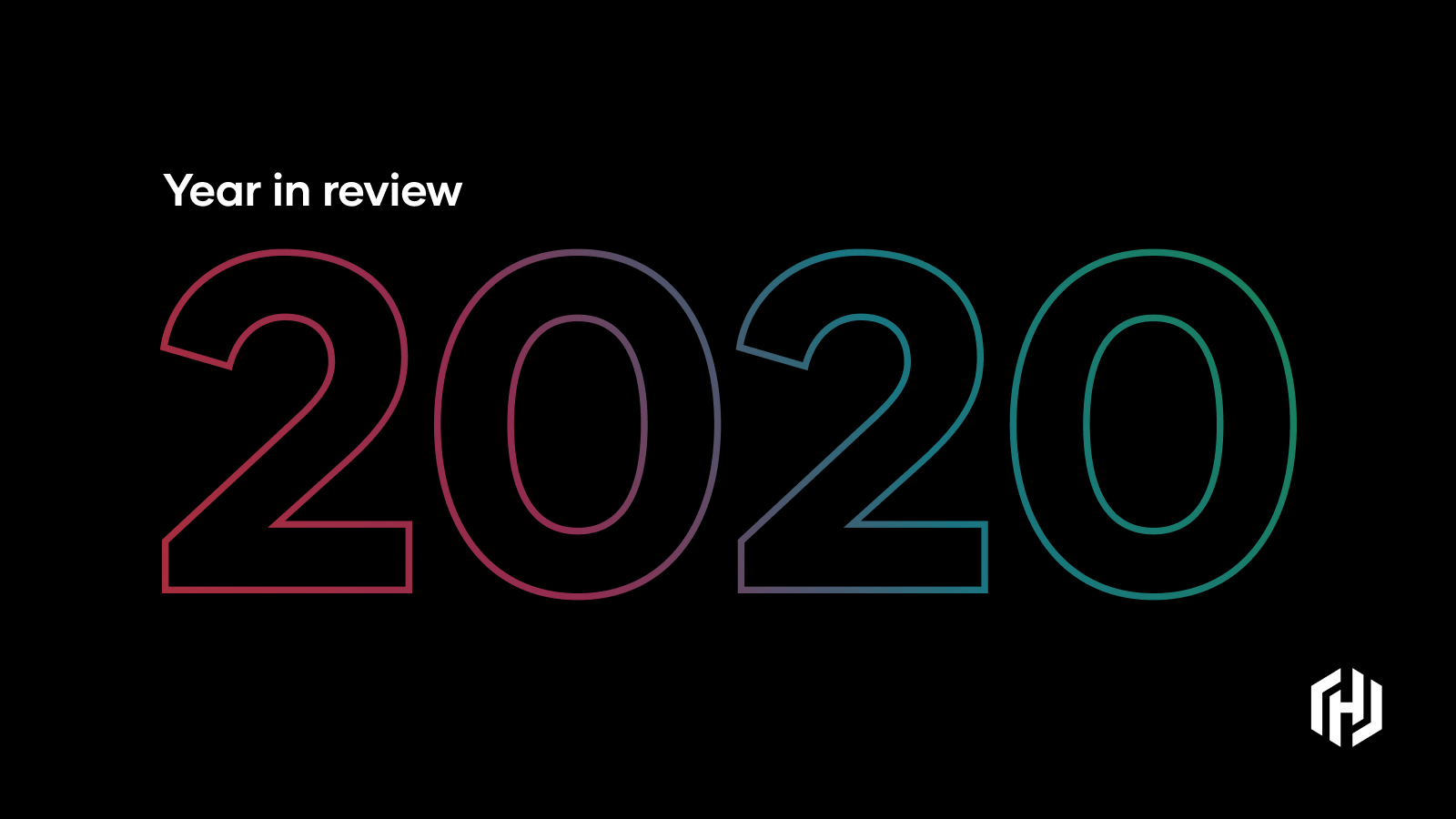We’ve ended each of the last five years with a blog post on our reflections, highlighting the major milestones and achievements of HashiCorp. This year had many more challenges than we (and everyone) anticipated, and while we are glad the year is coming to an end, there is also much to celebrate and be proud of. As always, we are deeply thankful for our employees, users, customers, and partners who make it all possible.
Introducing Boundary and Waypoint. Since 2015, we have been focused on improving the existing HashiCorp portfolio and have not introduced any new products. This year, however, we launched both Boundary and Waypoint. HashiCorp Boundary is our approach to simplifying remote access following our product design ethos: infrastructure as code to codify access control policies, Terraform providers and APIs for automation, dynamic catalogs of services and hosts with Consul and other registries, and integration with identity providers for SSO. HashiCorp Waypoint is our take on bridging the developer experience gap, by providing a simple workflow to build, deploy, and release applications across any platform. We love operations tooling (as you can see from our other products), but acknowledge the need to have simple interfaces for developers that don’t sacrifice the flexibility operators want.
HashiCorp Cloud Platform. Over the last few years, customers have increasingly asked us to deliver cloud-managed versions of our products. This year we announced the HashiCorp Cloud Platform (HCP) as our way of providing those services. We now have multiple cloud offerings including Terraform Cloud, HashiCorp Consul Service (HCS) on Azure, HCP Consul on AWS in public beta, and HCP Vault on AWS in private beta. Terraform Cloud also introduced a new Business tier, providing our enterprise capabilities via a SaaS experience. We are excited about all the progress we’ve made around the cloud delivery model and can’t wait to bring support for additional products and clouds online next year.
Major Product Features. We’ve continued to ship major new features in all of our existing products in addition to the new products and cloud work. Nomad shipped 0.11, 0.12, and finally hit the major 1.0 milestone with huge improvements to networking, storage, auto-scaling, multi-region deployments, and more. Terraform shipped both 0.13 and 0.14 major versions this year focusing on improving user experience and flexibility. Consul released 1.8 with mesh gateways and terminating gateways to allow traffic to span multiple regions and bridge to non-mesh workloads and also delivered 1.9 with deep Kubernetes integration, L7 intentions, visualization, and more. Vault released three major versions with 1.6 as the latest, adding integrated storage, data tokenization, rate limiting, quotas, and more. Packer added support for HCL2 with 1.5 and continues to expand on this new flexibility with the 1.6 release. Vagrant had multiple releases and continues to focus on stability and usability improvements.
HashiConf Digital and Global HashiTalks. While we expected to host several thousand people in person in Amsterdam and San Diego this year for our HashiConf conferences, plans changed! We instead delivered HashiConf as an entirely digital event this year both in June and October. One advantage of going digital was having a truly global audience, with over 20,000 attendees and 100 countries represented. We also had a series of smaller HashiTalks, including a focus on Africa, Japan, Korea, Latin America, Brazil, and Germany. These were entirely digital community conferences that were more regional and language localized. All this is part of a growing HashiCorp community, with more than 35,000 members in our user groups around the world spanning 50 countries.
Growing to 1,000 employees and beyond. Despite the challenges of COVID this year, we’ve continued to grow the company and are now well over 1,000 employees. We’ve all been adapting to new ways of working, and we have been sharing with people publicly the many ways we’ve been changing as well. Certainly, we had a head start, with over 85% of the company working remotely even before COVID.
Product Certifications. The HashiCorp tools are adopted broadly, and we often get asked by users how they can best showcase their skills and employers to ensure competence. This is why we launched product certifications this year, including for Terraform, Vault, and Consul at the associate level. The program has been hugely successful, and we are proud of the community of certified cloud engineers. Look for us to add more products and more advanced levels of certification in the future.
Completed Series E funding. In March, we announced our Series E funding, raising $175M that allows us to continue to invest in our growth and supporting our customers. We are continuing to expand our footprint globally and now operate in more than 14 countries. Our product investment continues to grow, as I mentioned, with the addition of the two new products and our cloud platform. We are deeply committed to our open source users and community, as well as to providing deep enterprise capabilities and support to our Global 2000 customers.
There is a lot more we could say, but I think we’ve all had enough of this year. While it has been tough in so many ways, we have a lot to be proud of and are looking forward to an exciting 2021. Thank you all for being a part of our community!









